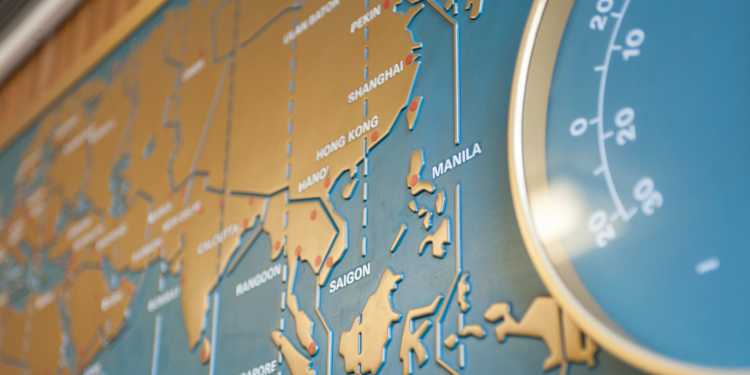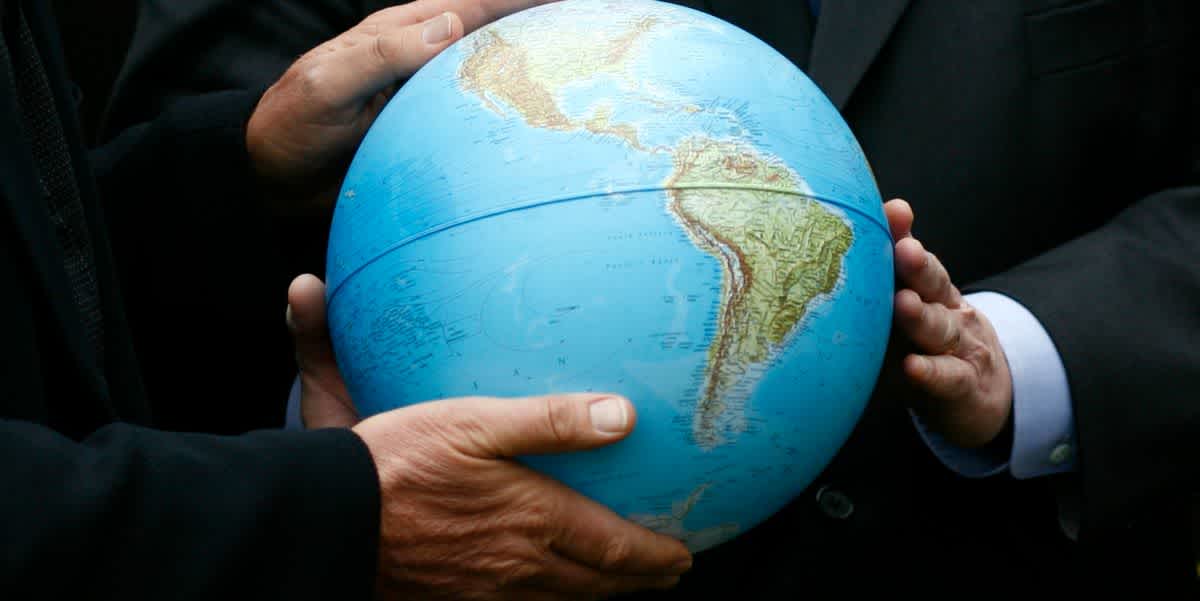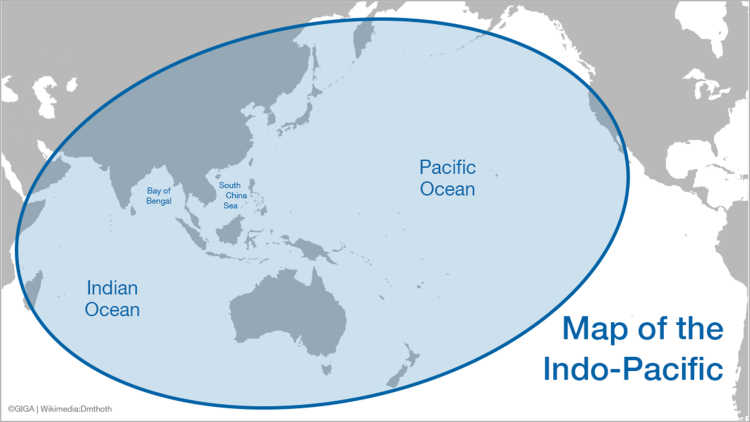- Startseite
- Veranstaltungen
- Konferenzen und Workshops
- Indonesia-Germany Track 1.5 Dialogue on Indo-Pacific Region
Roundtable
Indonesia-Germany Track 1.5 Dialogue on Indo-Pacific Region
Datum
17.11.2025
Beginn
09:00 Uhr (MEZ)
Ende
14:00 Uhr (MEZ)







On 17 November 2025, GIGA researchers Andreas Ufen, Abdil Mughis Mudhoffir, Nathanael Gratias Sumaktoyo, Oliver Schramm and Iris Wieczorek took part in the “Indonesian-German Track 1.5 Dialogue on the Indo-Pacific Region” in the Embassy of the Republic of Indonesia in Berlin. The Roundtable was co-hosted by GIGA, the Indonesian Embassy, and the Centre for Strategic and International Studies (CSIS), Indonesia. It explored how far Indonesia’s and Germany’s foreign policy interests align and how Indonesian foreign policy is viewed in Berlin.
Participants discussed the extraordinarily difficult geopolitical and geoeconomic condition in the region, and stressed the enormous potential of bilateral relations between Germany and Indonesia. Both countries would benefit from much more intensive cooperation in different policy areas.
The dialogue will be continued in the future.
Background Amid growing geopolitical fragmentation and intensifying great-power rivalry, both Indonesia and Germany face the challenge of navigating a rapidly evolving Indo-Pacific order while maintaining principled, independent foreign policies. For Indonesia, the region represents both an opportunity and a test of leadership. As Southeast Asia’s largest economy and a member of ASEAN, Indonesia seeks to preserve regional stability through inclusiveness, dialogue, and non-alignment—principles that continue to define its diplomatic tradition under the current administration. For Germany, the Indo-Pacific has become an increasingly important region in its foreign and development policy, as reflected in the German Indo-Pacific Guidelines and the EU Indo-Pacific Strategy. Germany’s growing engagement reflects a recognition of the region’s strategic significance for global supply chains, climate action, and rule-based international order. The latest visit of the Germany Foreign Minister Johannes Wadephul to Indonesia in August 2025 highlights the deepening bilateral exchange. Germany, as Europe’s largest economy and an influential shaper of EU foreign and security policy, is a natural partner in advancing this approach. Its Indo-Pacific Guidelines, commitment to multilateral cooperation, and experience navigating pressures of great power competition underscore its role as a bridge-builder in Europe and beyond. This roundtable, co-hosted by the Embassy of the Republic of Indonesia in Berlin, German Institute for Global and Area Studies (GIGA), and the Centre for Strategic and International Studies (CSIS) Indonesia, aims to explore how far Indonesia’s interests aligns with Germany’s foreign policy interests, how Indonesian foreign policy is viewed in Berlin, and how both countries can maximise the potential of their bilateral relations. Objectives The Dialogue aims to:
To identify concrete areas for enhanced Indonesia-Germany collaboration in the Indo-Pacific, particularly in areas of mutual interest such as maritime security, connectivity, green transition, and economic resilience.
To strengthen the network between Indonesian and German think tanks and foreign policy institutions.
Format
Time and Date: 9.00 a.m.– 2:00 p.m., Monday, 17 November 2025
Venue: Hybrid (Indonesian Embassy in Berlin / Online)
Duration: 5 hours
Note: Chatham House Rules will be applied throughout the discussions
Expected Outcomes
A deeper, shared understanding of German and Indonesian priorities and constraints in the Indo-Pacific.
Strengthened personal and institutional networks between Indonesian and German foreign policy communities.
Adresse
The Embassy of the Republic of Indonesia in Berlin
Sprache
Englisch
Auf Einladung











